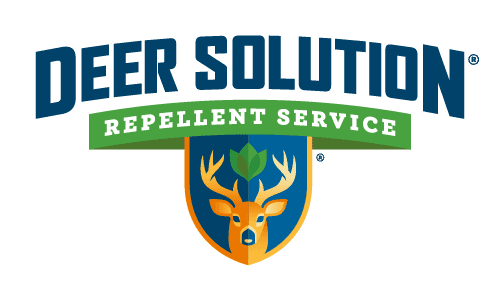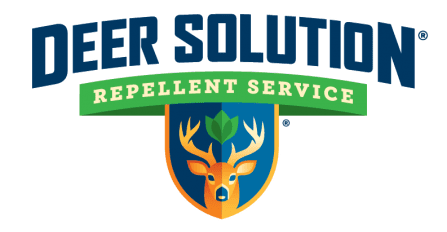When it comes to maintaining a beautiful garden, understanding the dietary preferences of local wildlife is crucial. A common question among gardeners is, “do deer eat Bee Balms?” Bee Balms, known scientifically as Monarda, are vibrant, aromatic plants that attract a variety of pollinators. But how do they fare against deer? Let’s delve into the surprising truth about deer and Bee Balms.
Understanding Deer Dietary Habits
Deer are opportunistic feeders, meaning they consume a wide range of plants based on availability and seasonal changes. Their diet typically includes grasses, leaves, twigs, and a variety of garden plants. However, deer preferences can vary greatly depending on local conditions and food scarcity. They are known to adapt their feeding habits to the changing seasons, which can sometimes lead to unexpected challenges for gardeners.
Do Deer Eat Bee Balms?
Bee Balms are often considered deer-resistant due to their strong scent and slightly fuzzy texture, which can be unappealing to deer. However, it’s important to note that no plant is entirely deer-proof. In times of food scarcity, deer may nibble on plants they would typically avoid, including Bee Balms. This is why gardeners might sometimes notice that their Bee Balms have been disturbed or partially eaten by deer.
Challenges in Deer-Proofing Bee Balms
While Bee Balms are generally resilient, certain environmental factors might still make them a target for deer. These include:
Environmental Stress: During extreme weather conditions, such as prolonged drought or harsh winters, deer might resort to eating less preferred plants, including Bee Balms, to survive.
Deer Overpopulation: In regions where deer populations are high, the competition for food can push deer to explore a broader range of plants, including those they usually avoid.
Garden Proximity: Gardens located near natural deer habitats are more likely to experience deer visits. Bee Balms, especially when planted near forest edges or wooded areas, can attract deer looking for accessible food sources.
Enhancing Your Garden’s Deer Resistance
To protect your Bee Balms and other cherished plants, consider integrating these eco-friendly strategies:
Diverse Planting: Mix Bee Balms with other deer-resistant plants such as Lavender, Yarrow, and Marigolds. This creates a less appealing environment for deer.
Consistent Care: Maintain your garden diligently. Remove fallen fruits and regularly prune plants to minimize elements that might attract deer.
The Charm of Bee Balms in Your Garden
Bee Balms are not only deer-resistant but also a delightful addition to any garden. Their bright, showy blooms and aromatic foliage attract a variety of pollinators, including bees, butterflies, and hummingbirds. These plants add vibrant color and life to garden beds, borders, and meadows.
Creative Uses for Bee Balms
Bee Balms offer more than just beauty; they have a range of practical uses:
- Culinary Uses: Bee Balm leaves can be used to make teas and as a flavoring in salads and desserts, adding a unique, minty taste.
- Medicinal Benefits: Traditionally, Bee Balm has been used for its antiseptic and soothing properties, often in the form of poultices or infusions.
- Wildlife Habitat: By planting Bee Balms, you provide essential nectar and pollen for pollinators, supporting the health of local ecosystems.
Cultural Significance of Bee Balms
Bee Balms have a rich cultural history, especially among Native American tribes, who used the plant for medicinal purposes and as a seasoning. The vibrant flowers were also symbolic in various cultural traditions, representing healing and protection.
Creating Harmony with a Deer-Resistant Garden
Balancing the needs of your garden with local wildlife can be challenging yet rewarding. Bee Balms, with their natural deer resistance and ecological benefits, are an excellent choice for any garden. By understanding deer behavior and applying strategic planting techniques, you can cultivate a thriving garden that coexists peacefully with nature.
For those seeking comprehensive protection for their landscapes, professional deer management services provide eco-friendly solutions. Deer Solution specializes in customized strategies and natural repellents to safeguard your garden, ensuring it remains a beautiful sanctuary for all to enjoy. Contact us to learn more about how Deer Solution can help you maintain a deer-resistant garden with our eco-friendly repellents and expert services.








